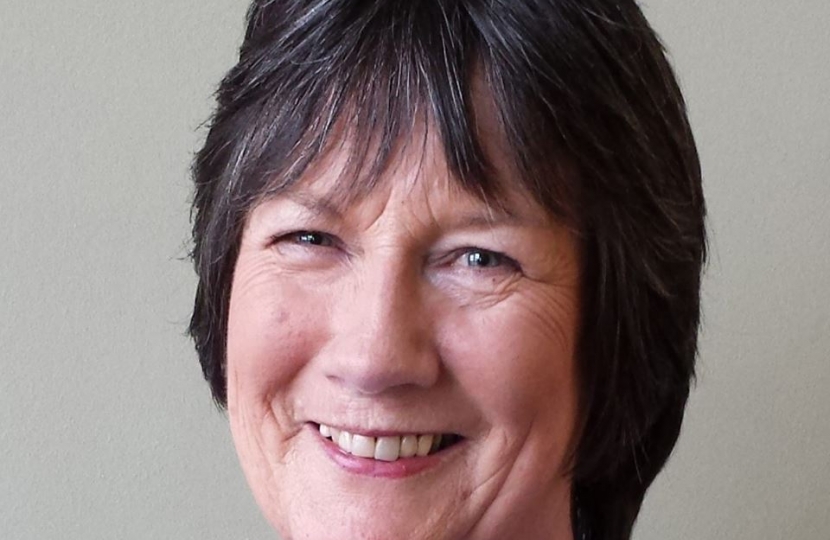
From tissues to toothpaste to buying flowers for my daughter-in-law - never has the abundance of one-use plastic become more obvious than during the past week when I have been trying to give it up.
Inspired by you, my constituents, and articles, including those on the Nailed website, I agreed to try to avoid one-use plastic for Lent.
Of course, this is only a tiny contribution to solving an enormous problem but I believe it is just the beginning of a concerted push.
About 40 of my MP colleagues and I are keeping daily diaries to highlight when we can easily replace one-use plastics and when we find it impossible to go about normal life without them.
This information will then be collated and inspire us to put pressure on relevant industries to find more environmentally-friendly solutions.
I am old enough to remember when we were not a throwaway society and when fizzy pop was delivered in glass bottles, fish and chips were wrapped in newspaper and meat from the local butcher’s shop was sold in paper and delivered by bicycle.
I am still a traditionalist in some ways – for example, a milkman still delivers to my Derbyshire home just as he has done for decades.
But I have to confess to a creeping over-use of plastics and, only recently, have I fully understood the harm we may all be doing to the planet.
As Nailed has highlighted, every year eight million tons of plastic are dumped in the ocean and it is estimated 5.25 trillion plastic particles weighing 268,000 tonnes are currently floating in the sea.
This material drifts on ocean currents making the issue an international one that requires big businesses, individuals and governments to work together to solve it.
Meanwhile, on a local level, dealing with Derbyshire’s waste cost the county council nearly £38m in 2016/17 and it fears these costs will continue to rise.
It has stated that the more people reduce, reuse and recycle, the more money can be saved on these costs and used to support other services.
I am delighted that Nailed has been championing Plastic Free February but I have to confess it is not easy.
I already have a reusable shopping bag and, when possible, pack my lunch in reusable containers. I also make sure I drink out of reusable coffee cups.
However, I have been shocked at how difficult it has been to escape plastic in areas where I least expected to encounter it.
For example, the box of tissues I needed for my winter cold, contained a plastic lining inside the lid.
And try as I might to buy my daughter-in-law flowers from the supermarket without plastic packaging, I failed.
Everywhere I go, I seem to come across an unnecessary layer of plastic – quite often in the shape of bubble-wrap.
I entirely agree that we, as consumers, should do our bit to try to cut down and that is why it is worth going to events such as Saturday’s Green Exchange held by Transition Belper.
It would be wonderful if Belper could lead the way in trying to be plastic-free.
But we, as parliamentarians, also need to put pressure on retailers and manufacturers to make sure they find alternatives to plastic packaging.
Until they do, the efforts of the public, will be a drop in a very polluted ocean.
